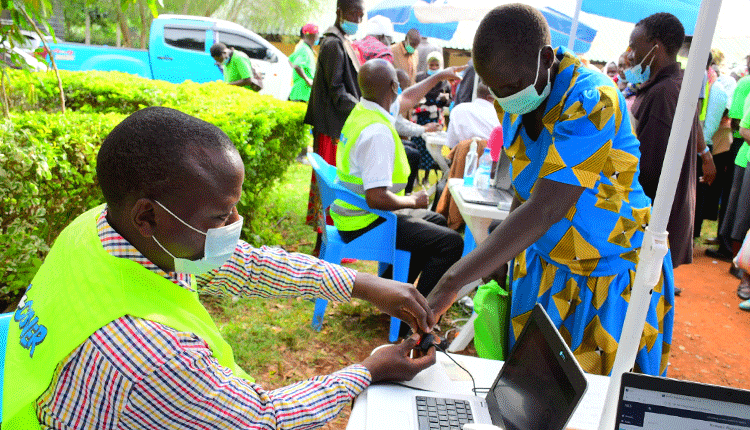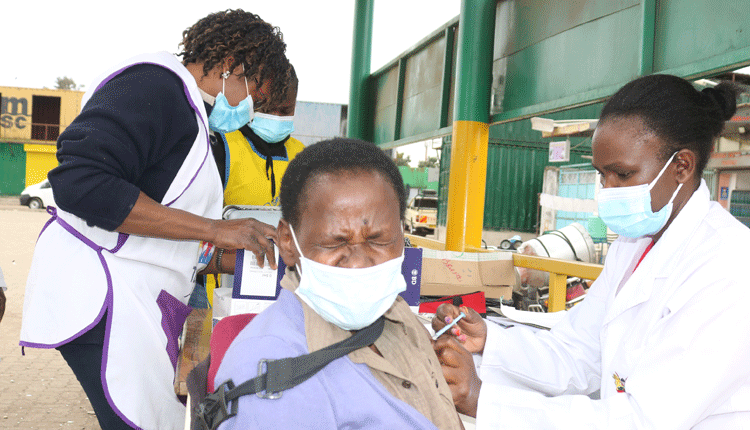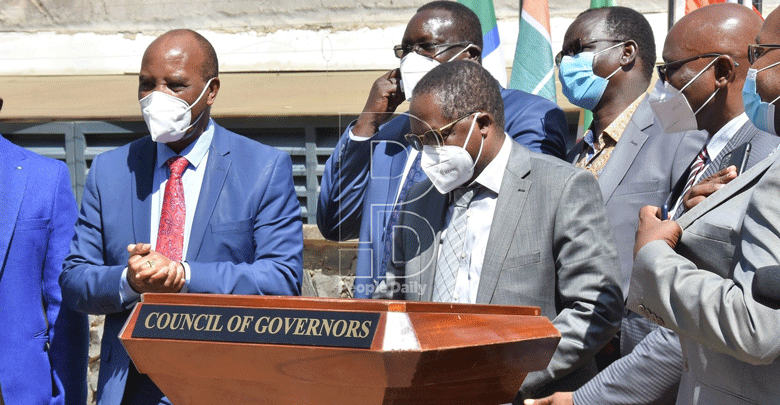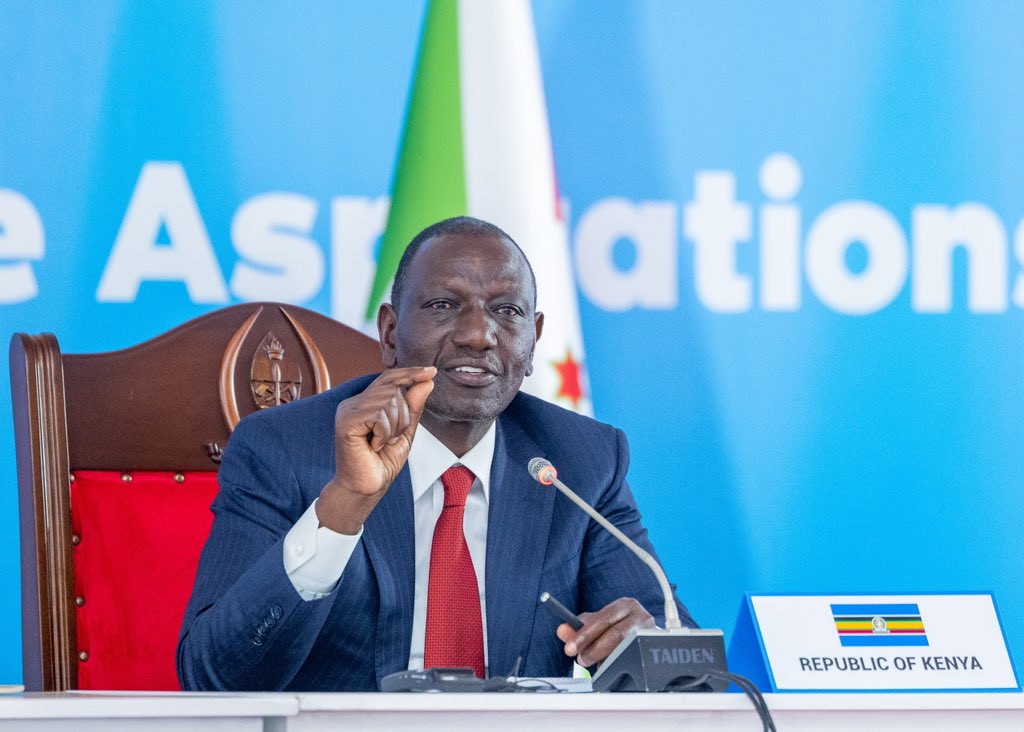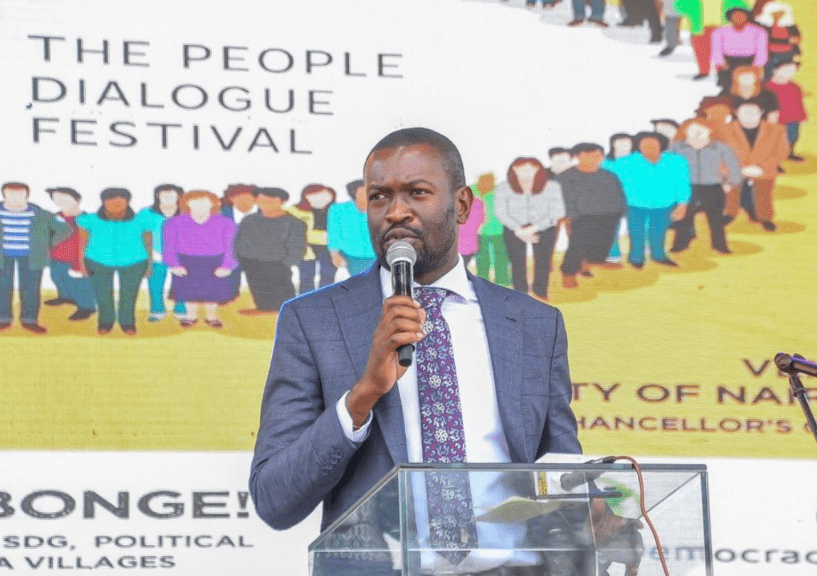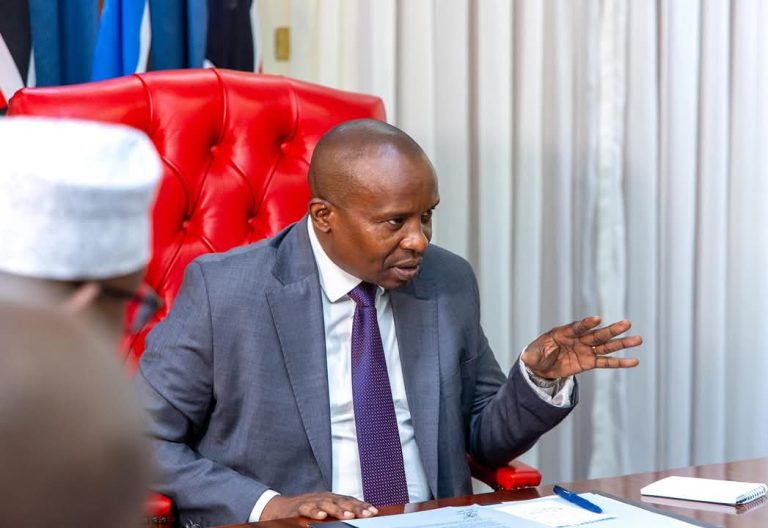Focus on Covid-19 poses threat to fight against malaria

Evelyn Makena @evemake_g
For Bilha Asike, contracting malaria is a frequent risk that comes with living near Lake Victoria, one of the endemic disease zone in the country.
Some of the killer disease’s sysmptoms, inlude headache, fever and fatigue. But in 2019, she faced a different kind of hazard; being diagnosed with malaria while three months pregnant.
When she visited the hospital late last year, after falling ill, she was not overly concerned.
Then she was diagnosed with acute malaria and put on quinine intravenous drip.
“There was the risk of losing my pregnancy due to the quinine drug. But doctors said it was the only effective treatment,” she says.
She was treated for malaria under strict observation by doctors and, fortunately, did not get any complications.
This year in early March, she was treated for malaria again. “It was not so severe this time. I took a dose of Fansidar and recovered,” she says.
Every year, malaria causes illness in 230 million people globally, and leads to 430,000 deaths.
Due to reduced immunity during pregnancy, expectant women and children are disproportionately affected by malaria.
Children under five years accounted for 67 per cent of all malaria deaths worldwide in 2018.
In Kenya, malaria is prevalent in 14 endemic counties including Kisumu, where Bilha lives.
Amidst the current Covid-19 outbreak, there is growing concern detection and treatment of malaria could be compromised.
In a new guide, World Health Organisation’s Global Malaria Programme has directed countries not to abandon malaria interventions amidst the pandemic.
The agency recognises increased pressure Covid-19 will impose on fragile health systems with possible consequences of increasing mortality and morbidity from other diseases such as Malaria.
The impact of this is likely to be felt more in Kenya, one of the malaria endemic countries with a fragile health system.
“We have seen the impact Covid-19 has had even in countries with robust health systems. In Africa, Covid-19 is likely to affect the treatment of other diseases.
The best way to deal with it for now is to manage the spread of the virus,” says Dr Mary Stephen, Technical Officer, WHO regional office Africa.
Experience from Ebola outbreak in Guinea, Siera Leone and Liberia shows interventions on malaria were affected during the epidemic.
In Guinea, there were 74,000 cases of malaria during the Ebola epidemic. As governments and stakeholders redirect their resources to slow the spread of Covid-19, there will be disruptions on the supply chains of malaria essential commodities.
“We have learned from Ebola outbreaks of their disruptive, near collapse drug supply systems and enormous pressure of laboratories.
It is, therefore, critical that the country stocks sufficient malaria rapid diagnostic tests and malaria microscopy reagents at health facility level,” says Dr Benard Lang’at, Programme Director, HIV, TB and malaria, Amref Health Africa.
To avert this crisis, Lang’at adds that Kenya, a net importer of rapid diagnostic tests from China and India, needs to move with speed to secure sufficient stock.
Prioritise measuress
In Kenya preventative measures such as sleeping under long lasting insecticide treated nets (LLINs) and administering preventive therapy for pregnant women have been effective in curbing the spread of malaria.
All expectant women in the 14 malaria endemic counties are encouraged to receive at least three doses of intermittent preventive treatment during pregnancy.
These measures have reduced prevalence of the disease in Kenya from 11 per cent in 2010 to eight per cent in 2015.
Despite distribution of a large number of LLINs, data from the Kenya Malaria Indicator Survey shows ownership of nets is below 47 per cent, and usage at 58 per cent among pregnant women aged 15-49 years.
In the wake of Covid-19 outbreak, WHO notes that several Africa countries have suspended these interventions over concern of of exposure to coronavirus.
Lang’at notes it is important to prioritise measures to prevent, detect and treat malaria even as the country responds to Covid-19.
These critical interventions include immunisation and care of vulnerable populations including pregnant women and children under five.
“Provision of routine malaria services, detection and treatment, must continue. Even with the limitation of movements and meetings, the plan for mass LLIN distribution scheduled for 2020 should continue,” adds Lang’at.
In recent weeks, global attention has been drawn on anti-malarial drugs over their alleged effectiveness in treating coronavirus.
However, there is presently insufficient data on efficacy of chloroquine and its derivative, hydrochloroquine, in prevention and treatment of the disease.
WHO has embarked on a clinical trial that will assess effectiveness of four treatment options as possible therapies for Covid-19.
The drugs to be tested under the solidarity trial are chloroquine/hydrochloroquine, Interferon Beta 1a, a multiple sclerosis drug, Lopinavir/Ritonavir, a combination of antiretroviral drugs used in treatment of HIV and antiviral drug Remdesivir.
Diagnostic tests
Concerns have been raised over people self- medicating on Chloroquine. Mary notes the protocol for the administration of the drug demands it is administred to patients that are already hospitalised under close monitoring by doctors.
“Chloroquine has what is referred to as a narrow therapeutic index. There is a very thin line between the effective dose and the toxic levels.
People should not self-medicate on this drug,” cautions Mary. Use of the drug has detrimental effects including liver damage and blindness.
There are similarities between early symptoms of Covid-19 that may be confused with those of malaria.
A journal published by Lancet early this year indicates fever and fatigue are common between the two, and that may present a challenge in early diagnosis of either.
“Since the outbreak began, people who have a fever prefer to take over the counter drugs for fear they may be suspected of having Covid-19,” says Bilha.
But Mary points out similarity in symptoms may not be a challenge is diagnosis of both diseases. In addition to fatigue and fever, Covid-19 has other symptoms such as coughing and difficulty in breathing.
Besides, there are other factors considered in Covid-19 diagnosis, including a person’s history of travel to city or country with existing cases and possible contact with infected people. That coupled with diagnostic tests can make a proper diagnosis.
In its new guidelines on malaria, WHO urges countries to be cautious on diagnosis of the two diseases to avoid undetected cases.
“The confirmation of a malaria infection does not rule out the possibility that the patient might also be suffering from Covid-19; similarly, suspected or confirmed Covid-19 patients in malaria-endemic areas should also receive a malaria diagnostic test,” says the guideline.
